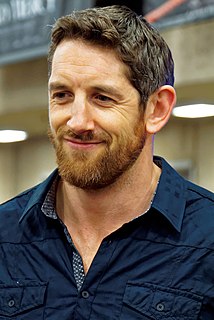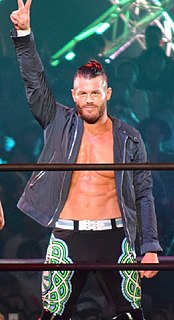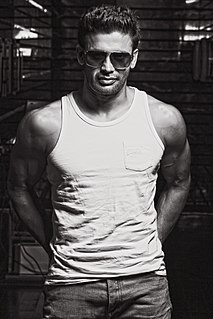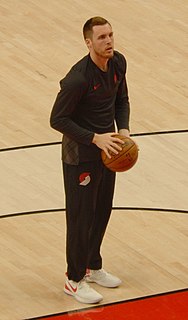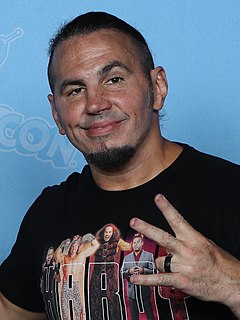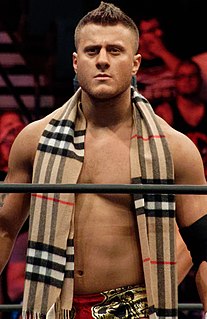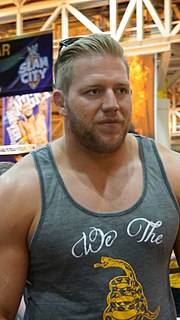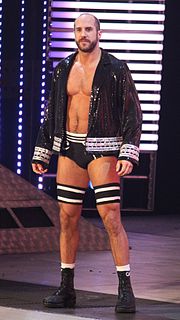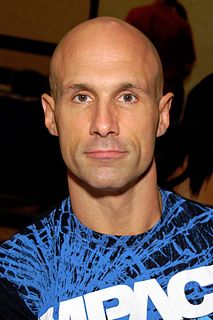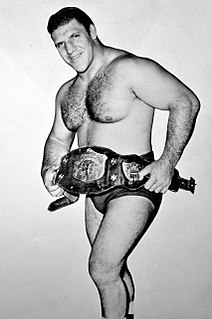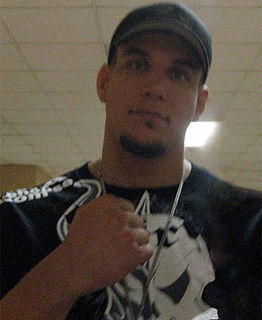A Quote by Aleister Black
I watched professional wrestling at a very early age.
Related Quotes
I was just lucky to be there ahead of the curve to be the driving force behind bringing this amazing style of wrestling from Japan that combined Lucha Libre, American professional wrestling, Canadian professional wrestling and Japanese wrestling all into one beautiful mix that fans worldwide absolutely can't get enough of.
Kurt Angle, I knew he was from Pittsburgh and I knew his background very well and his amateur days and, of course, going to the Olympics and all that. When he went into professional wrestling, he was very good at adjusting and displaying a lot of great moves. It was something that the fans could look at a say, hey, that's wrestling.

